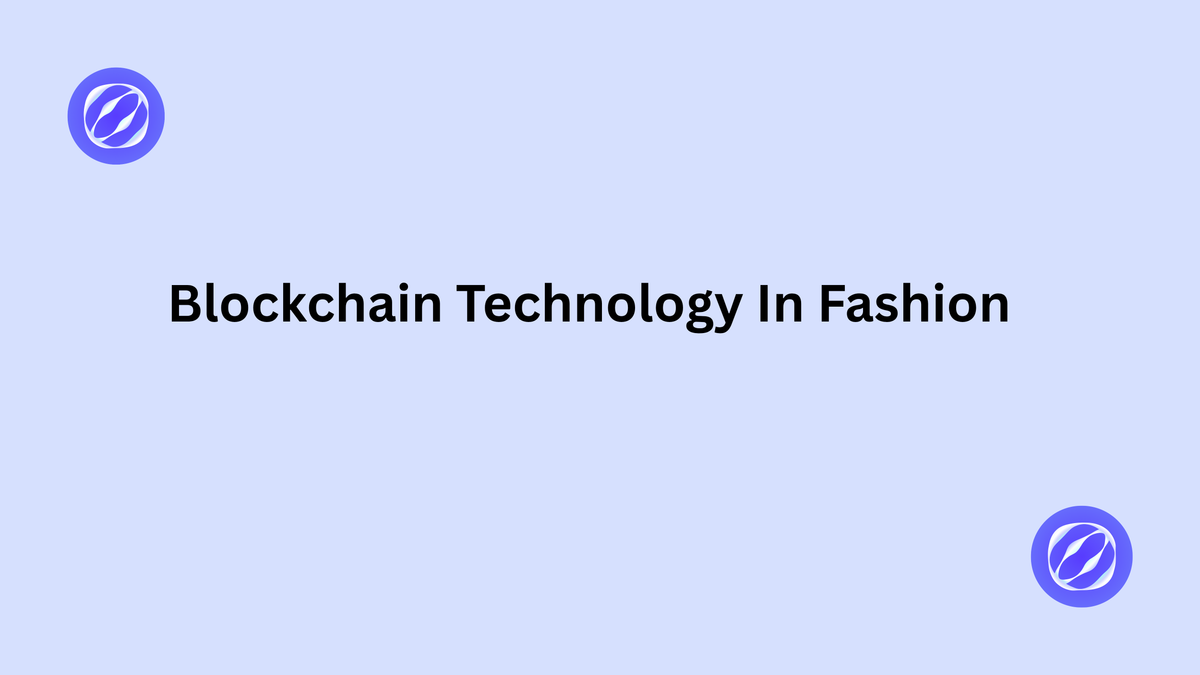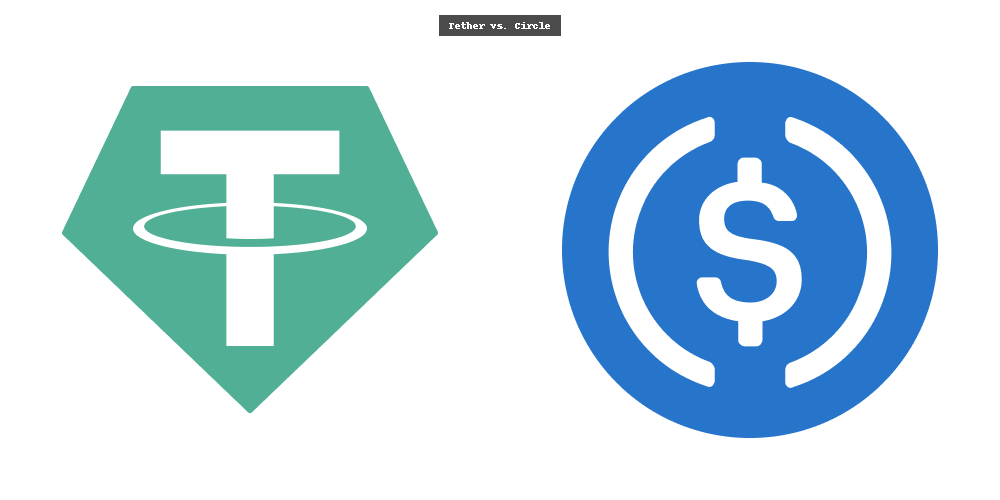Blockchain Technology In Fashion

Blockchain technology has evolved into a transformative force, reshaping industries, redefining trust, and enabling unprecedented levels of transparency and efficiency. From finance to healthcare, supply chains to fashion, blockchain is solving age-old problems and creating new opportunities. In this article, we’ll explore: - What blockchain technology is, - Why it should be embraced, and - How it is transforming the fashion industry. What is Blockchain Technology? Blockchain is a decentralized, distributed digital ledger that records transactions securely and transparently. It consists of a chain of blocks, where each block contains a set of transactions. These blocks are linked together using cryptographic hashes, making it nearly impossible to alter records without modifying all subsequent blocks.
Key Features of Blockchain: 1. Decentralization: This means that no single entity or authority controls the network. 2. Transparency: All transactions are visible to participants, reducing fraud and manipulation. 3. Immutability: Once data is recorded, it cannot be altered or deleted. 4. Security: Advanced cryptography and consensus algorithms (e.g., Proof of Work or Proof of Stake) ensure data integrity and resistance to hacking. Why Should Blockchain Be Embraced? Blockchain has the potential to transform industries, enhance security, and foster trust which makes it the perfect game changer. Here is why it should be embraced: 1. Every transaction is recorded and verified by multiple participants, making fraud nearly impossible. 2. Reduces transaction costs and speeds up processes (e.g. cross-border payments). 3. Cryptographic algorithms and decentralization protect against hacking and data breaches. 4. Enables smart contracts, tokenization, and new business models. 5. Tracks product origins, ensuring ethical sourcing and reducing environmental impact.
BLOCKCHAIN IN FASHION (Solving Industry Challenges) The fashion industry faces significant challenges, including counterfeiting, sustainability, and supply chain transparency. Blockchain has consistently proved to be a powerful solution in the following ways in the fashion industry. 1. Combatting Counterfeiting Through Blockchain Technology.
Counterfeit fashion goods cost the industry billions annually. So here is how blockchain comes into play- it verifies product authenticity by simply tracking their journey from manufacturer to consumer. Existing Luxury brands like LVMH and Gucci are already using blockchain to protect their products. 2. Promoting Sustainability In Fashion Through Blockchain. There are lots of consumers who demand ethically produced fashion. Through blockchain, brands can easily - Track raw material origins (e.g, organic cotton, recycled fabrics), - Ensure fair labor practices, and - Provide proof of sustainability claims. 3. Enhancing Supply Chain Transparency Through Blockchain In Fashion. Blockchain allows brands to share detailed information about how clothes are made. For example: - Provenance traces garments from farm to store. - Fashion for Good collaborates with brands to create transparent supply chains. 4 . Empowering Consumers: Consumers can verify the authenticity and ethical credentials of their purchases. Some brands use blockchain to offer digital certificates of authenticity for high-end items. 5. Innovative Business Models: Blockchain enables new ways to engage customers, such as: - Tokenizing loyalty programs, - Creating digital fashion items (NFTs) for virtual worlds, and - Facilitating peer-to-peer resale of pre-owned fashion. While blockchain holds immense potential, it is important to note that it faces challenges such as - Scalability: Current networks struggle with high transaction volumes. - Regulation: Governments are still figuring out how to regulate blockchain and cryptocurrencies in some countries. - Adoption: Widespread use requires education and collaboration across industries. However, as technology advances and these challenges are addressed, blockchain is poised to become a cornerstone of the digital economy. The question is not "if" blockchain will become mainstream, but "when" and those who adopt it early will lead the charge. If you enjoyed this post and want to stay updated on the latest trends in blockchain, fashion, and technology, kindly like, comment and share for more insightful content! See you shortly…



Comments ()